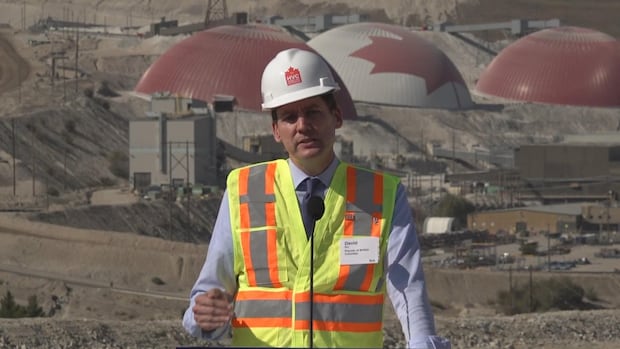Metro Vancouver Population Growth Forecast Lowered Due to Federal Immigration Cuts
Metro Vancouver is now projecting a slower rate of population growth due to recent changes in federal immigration policy. The region is expected to add an average of 42,500 new residents annually, down from the previously projected 50,000. This adjustment reflects lower immigration targets between 2025 and 2027 and new restrictions on non-permanent residents.
Impact of Federal Immigration Policy
The Metro Vancouver Regional District states that the revised forecast anticipates a population of 4.1 million by 2050, a decrease from the previous estimate of 4.2 million. Federal immigration policy shifts are the primary driver for this change, with policies aiming to reduce the number of temporary residents in Canada to no more than five per cent by 2026.
Despite the slowdown, immigration remains a significant factor, projected to account for 90 per cent of the region's population increase through 2051.
Expert Analysis and Economic Implications
Andy Yan, director of Simon Fraser University's City Program, notes that this change highlights how population growth in Metro Vancouver is intrinsically linked to international migration. He also suggests that some newcomers may be reconsidering their choice due to the increasing challenges of achieving a decent lifestyle in British Columbia.
"Opportunities seem to be drying up and hence people are going to move to where the opportunities are. A lot of times you have to think immigrants immigrate for opportunity. They don't immigrate to be poor." - Andy Yan
The Surrey Board of Trade emphasizes that even with a slower forecast, the need for increased investment remains critical. Employers continue to grapple with labour shortages, rising costs, and infrastructure constraints. They're calling on the province to prioritize housing supply, efficient transit, and economic infrastructure to maintain the region's competitiveness and livability.
Revised Population Growth Scenarios
The region's population is projected to grow from 3.124 million in 2024 to 3.378 million by 2031, 3.795 million in 2041, and 4.188 million in 2051 under the medium-growth scenario. Metro Vancouver will release separate long-term projections for jobs and housing later this year.
Population Growth Statistics and Impacts on Infrastructure
B.C.'s overall population also experienced a dip earlier this year, marking the largest quarterly population loss since 1951. The province can accept a maximum of 4,000 skilled workers from abroad this year, a significant reduction compared to previous years.
TransLink has responded to growing ridership by increasing service on 53 popular bus routes. B.C. Hydro is also planning for future growth, including utilizing the Site C dam to increase electricity generation and launching a program to acquire renewable energy sources.
Impacts on Municipalities
Surrey is expected to surpass Vancouver in population by 2038, becoming the most populated city in B.C. Metro Vancouver's projections are essential for planning in areas such as housing, utilities, jobs, and transit.
| Scenario | Population in 2031 | Population in 2041 | Population in 2051 |
|---|---|---|---|
| Medium-Growth | 3.378 million | 3.795 million | 4.188 million |
| Low-Growth | 3.339 million | 3.63 million | 3.88 million |
| High-Growth | 3.408 million | 3.925 million | 4.45 million |
Government Response and Future Planning
The Ministry of Housing says that shifting population projections are expected and are incorporated into local planning tools. Local governments are now required to regularly update their housing needs reports and zoning bylaws to ensure planning aligns with growth. The province also announced nearly $61 million in grant funding to deliver 400 new rental homes across five developments in Coquitlam, North Vancouver, and Vancouver.
 Visit the website
Visit the website




